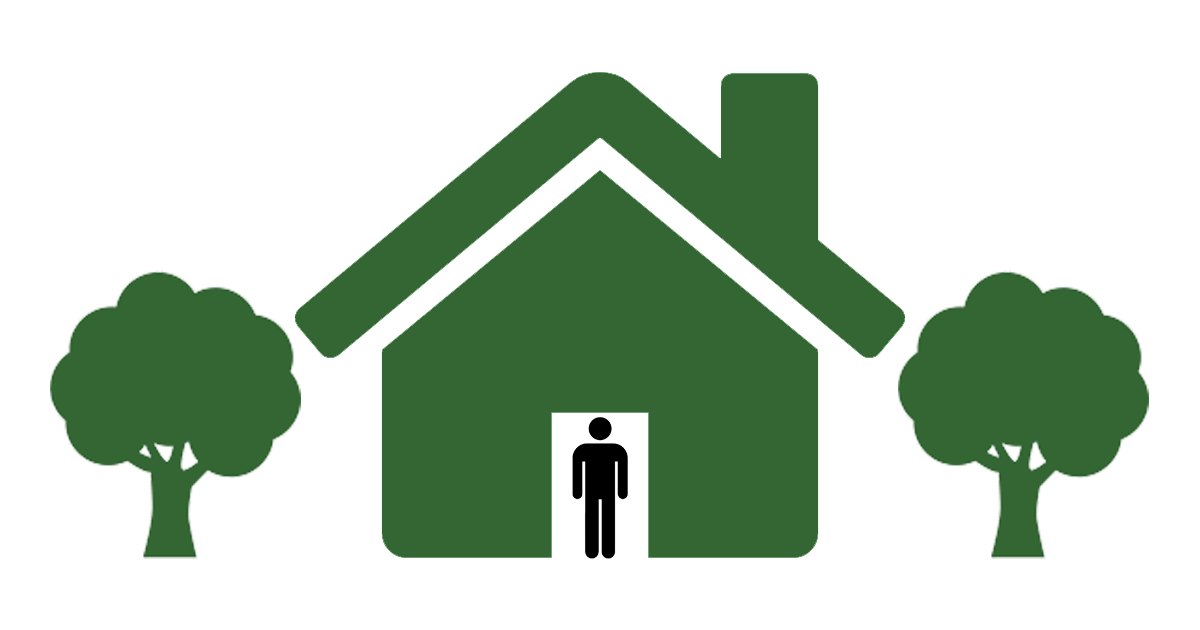Putting the “Class” in “Creative Class”
July 24, 2014 at 5:45 am CDT
One question Livability often gets is: How can I get my city on your Best Places to Live list? We’ve given some suggestions from time to time, but say you want to put some ideas into practice and you don’t know where to start. I now have a really good answer for you: Take these classes.
Richard Florida addresses the Nashville Chamber of Commerce in 2013.
This fall, the NYU School of Professional Studies will begin offering a new certificate program called the Certificate in Creative Cities and Economic Development. Developed by Richard Florida and longtime collaborator Steven Pedigo, the virtual classes will help city leaders, economic development professionals, nonprofit heads and, I’m guessing (hoping?), a few muckrakers and city council gadflies learn how to make their cities better and stronger places to live and work. The online classes are open to all comers for a fairly modest investment in time and tuition. Some of the classes meet at a specified time. Other work is done offline. Students need to take two required courses and two electives to earn the certificate. One of the required classes is really all about numbers . Learning how to read trends, understand demographics and understand your city’s economic advantages. Doesn’t that sound helpful? Other classes in the program include “Creative Placemaking,” “Resilient Cities” and “Maps and Geospatial Analysis.” I asked Richard why it was important for cities and their leaders to be paying attention to livability, economic development and placemaking, especially in light of budget woes, school quality and pension deficits. His response was quick and to the point: “Because this is the only way they can grow and become more inclusive.” The last word is important there. For those who have followed Dr. Florida’s work, he’s always had a belief that cities need to be more accessible for people of all incomes and that there’s a need for both the “Creative Class” and the service professions to thrive. But more recently, he’s been beating that second half of the drum even harder. If our cities are to continue to be economic engines of equality, they need to work for people of all incomes. The cities that understand how all of these things interplay will be the ones that succeed in our changing economy. Essentially, the program sounds like a toolkit to give you ideas for your city on the one hand, but more importantly measure them and make a data-driven, map-illustrated case to sell them to the constituencies and stakeholders who need to fund and support all of these new great ideas. Granted, you can get pretty far reading the right blogs and attending the right conferences. But for many, a more traditional and structured way of learning (as traditional as a virtual class can be) can really help kick-start things. You can get more information on the classes here .
Reader Comments
Use a Facebook account to comment. Subject to Facebook’s Terms of Service and Privacy Policy . Your Facebook name, photo other personal information you make public on Facebook will appear with your comment.
